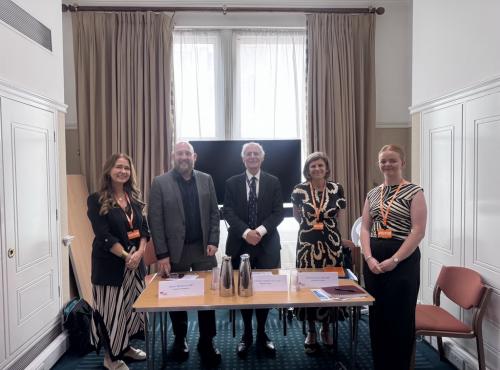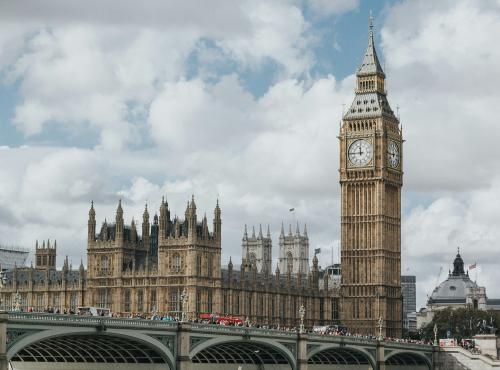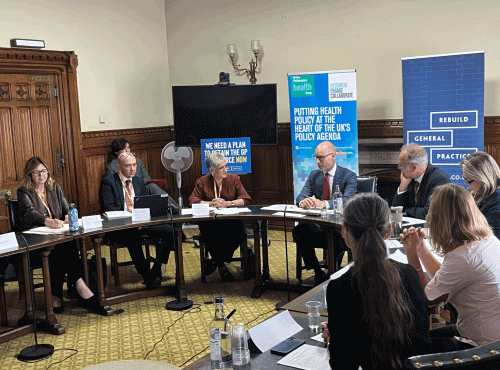Understanding the importance of arts and design recovery post-Covid
Why is it so critical to ensure that we successfully build back the arts and design sector? As UK restrictions ease, more artists and artist organisations are able to begin operating again, but more support is urgently needed. The proposed 50% cuts to arts and design higher education funding is a further challenge, narrowing the intake of such courses and restricting future talent. This is a critical time for the industry to come together to discuss roads to recovery.
The All-Party Parliamentary Design and Innovation Group hosted a roundtable on Monday 7th June to gain consensus around both the solutions to the problems the sector faces as well as the subsequent focus areas for the government.
Barry Sheerman MP, MP for Huddersfield and Co-chair of the APDIG, said:
“Design permeates every part of our society and needs to be prioritised and recognised as important across the economy. We have spent a lot of time opening minds to the range and broad diversity of design, and we’ve come a long way, but the recent announcement on cuts have come as a tremendous shock and disappointment. The APDIG has been a consistent advocate for the arts and design industries, which are at the heart of the UK’s competitive advantage and represent a major strategic opportunity that is being undervalued. Their contribution to the UK economy should be valued through measuring against established baselines and providing tax incentives, as referenced in APDIG’s report ‘Visual Arts: the beating heart and soul of Building Back Better’, in recommendations 1-3.”
Lord Vaizey, Conservative life peer and former minister for DCMS, said:
“It has always been said that many countries worldwide envy Britain’s creativity and design; it is what sets us apart when we compete in a global marketplace. Good design makes our lives better and easier. Whether it’s the design of a great hospital, of a great school, of urban centre and town planning, design should be absolutely centre stage in policy thinking. The proposed cuts sadly represent a downgrading of the importance of arts and design in our higher education curriculum.”
Steven Spier, Vice Chancellor of Kingston University, discussed the University’s latest report Future Skills League Table 2021, found that businesses need creative and innovation skills from their employees to solve the biggest challenges they face.
“This report is making the case for one thing: that the government needs to join up and deliver these skills for industry, and this is linked to the government’s plan for growth and levelling up agenda. We have to approach this issue in a tactical way, as the government is not currently hearing what we are saying.”
Sarah Munro, Chair of the Contemporary visual arts network and Director of the Baltic said:
“The creative industries offer both significant economic contribution, but also solutions to some of the major challenges facing our world today. Arts and design graduates in the UK contribute £8.4 billion to the economy, and the creative industries brought £111 billion to the economy in 2019.
“Moreover, the skills that arts and design graduates gain – creative thinking, prototyping, testing ideas and going back to the drawing board to rethink and rebuild – will be essential in finding solutions to the climate crisis. When we went into lockdown, one of the first things people did to aid their mental health in that time was to be creative. Post-Covid we will face a mental health emergency, and the arts and design industries are critical in tackling that and for our holistic sense of who we are.”
Note: The All-Party Parliamentary Design and Innovation Group is a cross-party coalition of Parliamentarians and design sector organisations that works to develop new design policy ideas, critique existing government decision-making around design, communicate within Parliament on the enormous potential value of design, and help the design community better engage with the policy process



